Market Share
Travel Management Software Market Share Analysis
Companies in the travel management software (TMS) industry use a variety of tactics to increase their market share in the highly competitive and ever-changing industry. One common strategy is differentiation, in which businesses aim to distinguish their TMS from the competition by providing distinctive features and functions. Innovative solutions for managing itineraries and expenses, as well as interaction with AI and ML, may fall under this category. Companies strive to target a certain consumer group that values their unique benefits by offering them in a way that stands out from the competition.
Customers on a tight budget who are nevertheless seeking high-quality TMS solutions are the intended focus of this approach. Businesses that depend on travel management systems place a premium on dependability, therefore organizations who aim to be cost leaders must tread carefully to avoid lowering software quality in the process. The travel management software industry likewise heavily uses market segmentation as a tactic. To better meet the demands of certain market segments, some companies opt to specialize in serving only a certain industry or size of business. As an example, a TMS supplier may focus on providing streamlined yet powerful solutions for travel management to SMEs. Another option is for a business to focus on serving major organizations by catering to their intricate worldwide travel requirements and providing them with advanced features and scalability. By focusing on certain client segments, businesses are able to better meet the needs of particular customers and build stronger connections with them. The travel management software industry also benefits from collaboration and partnerships.
In order to provide all-encompassing solutions that flawlessly combine different services, many companies join together with other entities in the travel ecosystem. These entities may include airlines, hotels, or travel agents. By providing customers with a more comprehensive and interdependent travel experience, these partnerships raise TMS's value proposition. Partnerships also help businesses expand their consumer bases by creating new avenues of distribution and increasing their visibility in the market. Positioning in the travel management software industry is heavily dependent on innovation. Businesses that pour money into R&D on a regular basis to improve their software and keep up with technology advancements are more likely to have happy consumers. Keeping up with the ever-changing TMS market requires constant innovation, whether it's creating mobile apps for on-the-go trip management or using advanced analytics for improved decision-making.


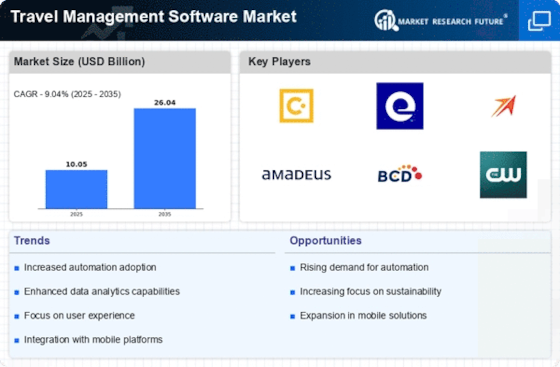
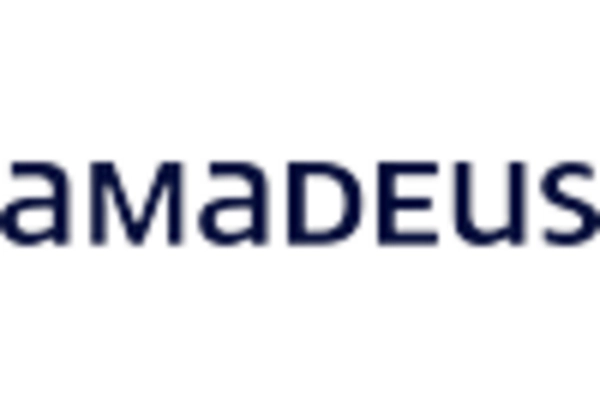
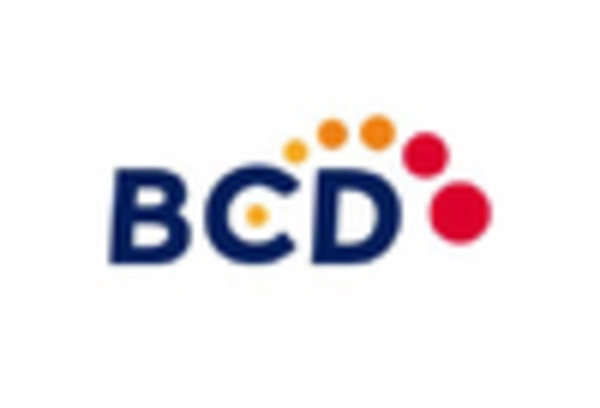

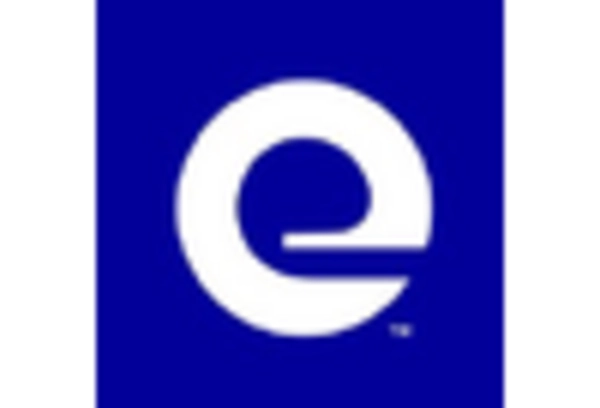
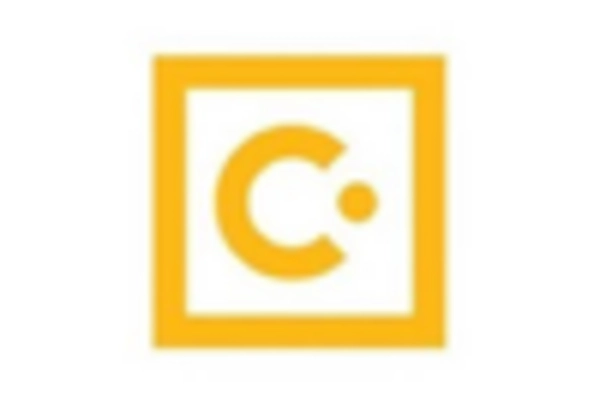
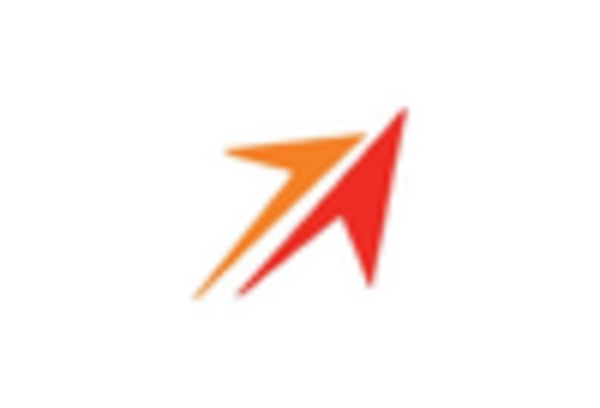










Leave a Comment